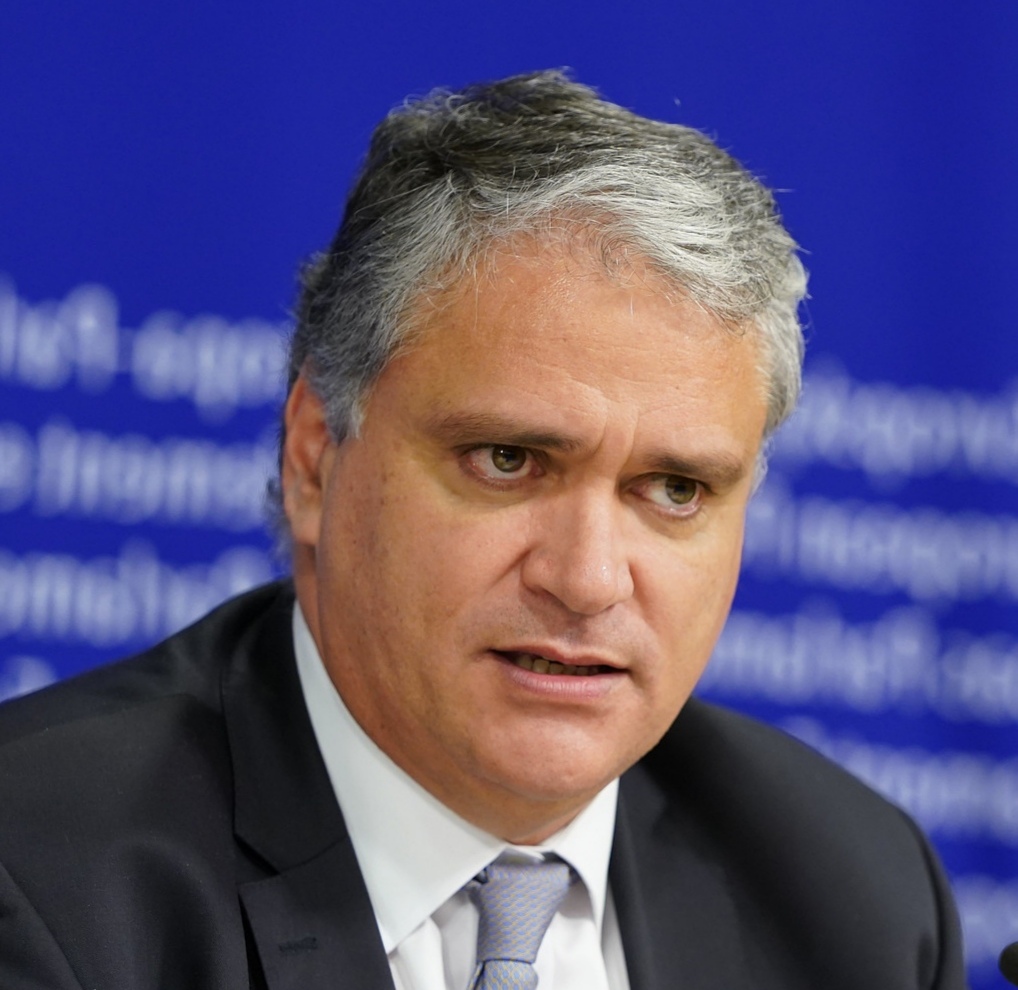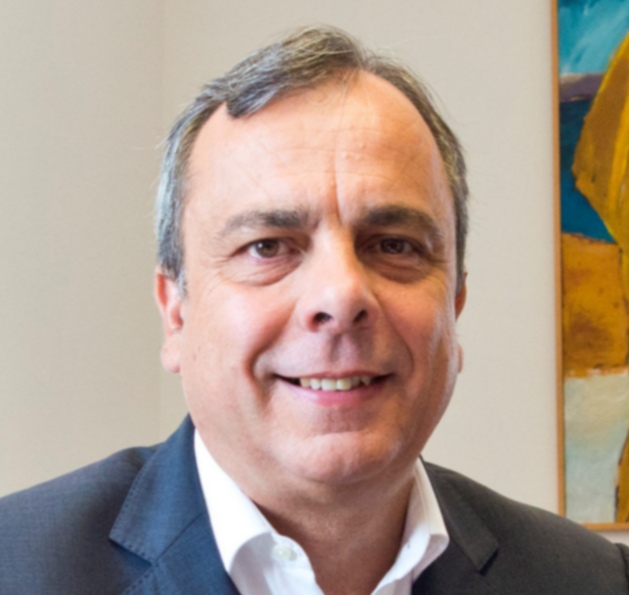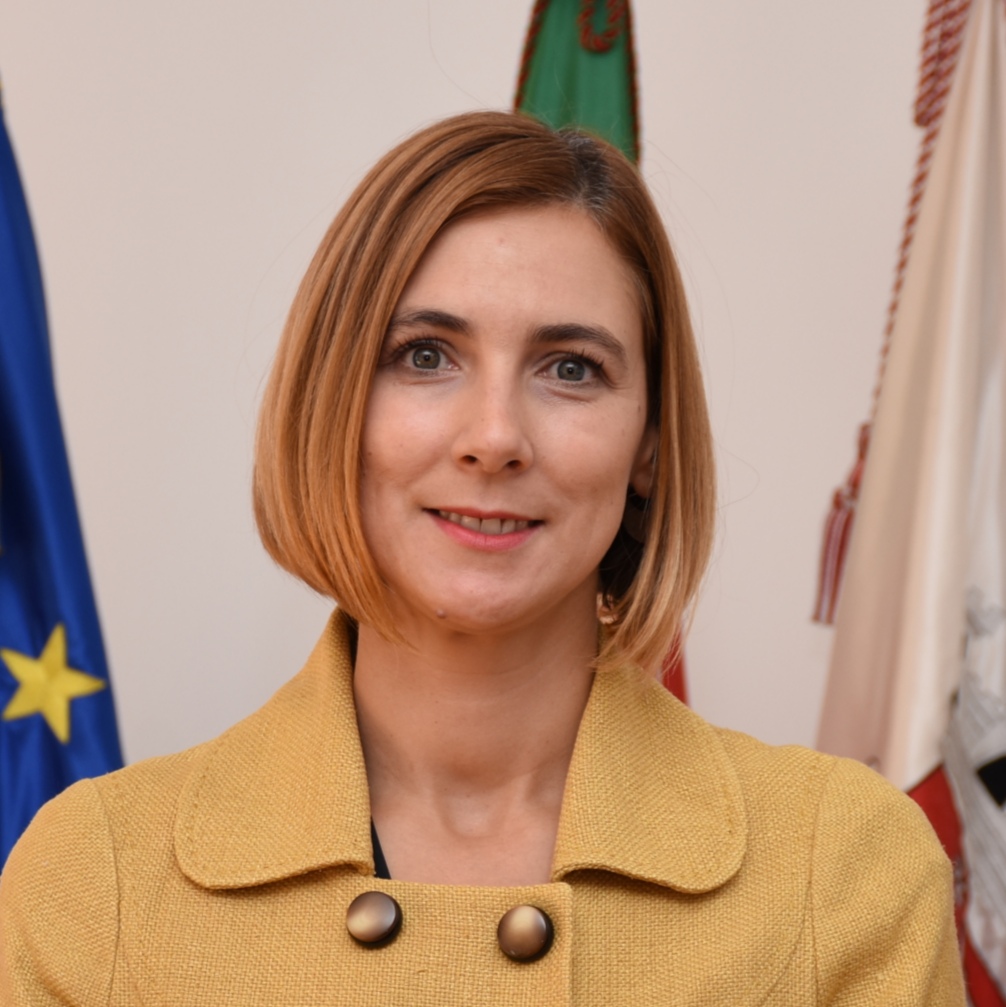Under the motto “Time to deliver: for a fair, green and digital recovery”, Portugal took over the EU Council Presidency on 1 January in one of the most crucial periods in Europe's history. After a year dominated by the COVID-19 pandemic, the Presidency will, under the lead of the Socialist prime minister António Costa - former mayor of Lisbon and former member of the PES Group - seek to deliver on a Europe-wide vaccination plan, and to make sure the EUR 750bn coronavirus recovery fund takes off the ground. Portugal's priority will also be the EU's social pillar - with a special summit planned in Porto in May 2021.
At the plenary session of the @Europarl_EN, for the presentation of the priorities of the @2021PortugalEU. The crisis caused by the COVID-19 pandemic requires a coordinated and united response from all at European level.#EU2021PT #COVID19 pic.twitter.com/mwW8rV17iA
— António Costa (@antoniocostapm) January 20, 2021
What are the key expectations and demands of progressive cities and regions for the Portuguese Presidency? We collected a few opinions.
Vasco Cordeiro, Member of the Regional Parliament of the Azores and First Vice-President of the European Committee of the Regions
The fight against COVID-19 and its overarching effects is a wake-up call to remind EU leaders of the need for a stronger and fairer Europe, a more robust EU and a different way of working to ensure better results.
One should never forget that one of the founding aims of the EU is to not only provide economic progress but also to provide social progress to its citizens. It is more than a vision, it is an obligation. The EU needs to show ambition when it tries to achieve social progress. A pillar of social rights would remain an incantation without a concrete action plan. Here too, the May Porto Social Summit is a key opportunity for EU leaders to deliver.
Emphasising the role and importance of subsidiarity and multilevel governance in the way Europe works is not only, first and above all, about regional and local authorities. It is about what kind of European Union we want. The Conference on the Future of Europe should be the opportunity for EU leaders to look at policies but also to change the way the EU works. Let us show our citizens that we are ready for changes to improve the EU even in the short term because there is no benefit in waiting to build a better Europe.
Finally, the emphasis of the Portuguese Presidency on the outermost regions is a reminder EU citizens should not be forgotten no matter where they live.
In all these aspects, and many more, it’s time to deliver.
Follow Vasco on Twitter @VascoCordeiro3.
Basílio Horta, Mayor of Sintra and PES Group member
The Portuguese Presidency has chosen the social pillar to be the cornerstone of its approach, and I could not agree more on this point. It is because of the social pillar, together with cohesion policy, that the European Union is today in a position to respond not only to the challenges posed by the pandemic, but to other pre-existing problems that have reared their heads again in the wake of the pandemic. We are facing the risk that the "new normal" will now mean inequality. It is the duty of everyone – and first and foremost of the Portuguese Presidency – to prevent this from happening.
This social concern is reflected not only in the way in which Europeans live, but in the kind of reception given to people arriving from outside. This is why I hold out high hopes of the New Deal on Migration and Asylum that the Presidency will be promoting and that will be an important area of its work. Sintra has a track record of successfully integrating migrants, and hopes that its tolerance and capacity for reception will fan out across all the Member States.
I therefore fully endorse the words of the Portuguese prime minister, who spoke of the need to ensure that "the green and digital transitions are fair". Fair because they must be socially responsible. Fair because they must leave no one behind.
In all the scenarios I have outlined above, there is one cross-cutting reality that the pandemic has highlighted more than ever: local and regional authorities play a paramount and irreplaceable role in supporting and protecting populations. As the sphere of power closest to the citizens, local and regional authorities are at the forefront in responding to the challenges we face. This is why we hope that the national recovery and resilience plans will be swiftly approved so that the money earmarked in the Recovery Plan for Europe can be distributed quickly. These funds are absolutely vital if local and regional authorities are to play their role effectively.
It is also essential to refer to the role that the European Union must play in the world. We believe that multilateralism is the key here. We also know that today the European Union needs to be more autonomous, able to set its priorities and pursue them, and even able to protect itself. The world has changed: it is multipolar and connected. This forces us to rethink our role and to conclude that being open to the world is not at odds with promoting the EU's strategic autonomy. Quite the opposite.
Nuno Mascarenhas, Mayor of Sines and PES Group member
The Portuguese Presidency of the Council of the European Union is taking place in a very challenging context. However, it is important to create opportunities out of the difficulties, as well as – and above all – a climate conducive to the consolidation of the Union, Community solidarity and sustained development, which we are aiming for at a time when we need to cope with and overcome the crises of today.
I would highlight three areas which the Portuguese Presidency should highlight and which are crucial for an area such as Sines.
First of all, the climate transition. It is already that case that everything that we might be able to do from this point of view will not be enough. Climate change is a reality and we need global strategies. For these to be effective, it is crucial that each country and region pursues the international objectives and goals. In Portugal and Sines, we are particularly exposed to rising sea levels, which is a natural element with a major economic impact.
Secondly, the energy transition. The use of European funds, and of the Just Transition Fund, is absolutely crucial in order to encourage the move away from fossil fuels, ensuring energy security and securing the economic health of the regions that have hitherto been home to electricity-generating power stations, which will have to receive compensation for the negative impact that this transition will also have on local populations. It is too important a matter for a summary application of the subsidiarity principle, however tempting it may seem.
Thirdly, and no less important, the digital transition. We are aware that Portugal, and Sines in particular, is today at the heart of this transformation by hosting the anchoring of the first transatlantic submarine cable linking Brazil directly to Europe — the EllaLink project and, consequently, the Bella project too. Communications, telecommunications and data transmission are instrumental in this. The value of their potential lies in the knowledge, technological development and innovation they enable. It is a new economy, but it is a new economy where it is even more important than before to ensure that people come first, i.e. it must be placed at the service of everyone and of balanced development.
Ana Umbelino, Local councillor of the city of Torres Vedras
“Maybe the world is divided into cynics, who find everything meaningless, and utopians who ascribe meaning to reality-based upon some admirable unverifiable assumption about the future. I prefer the latter ones.” Carr (1961)
The Portuguese EU Council Presidency ambitious agenda includes several priorities, namely: strengthen recovery by ensuring the execution of National Recovery and Resilience Plans; foster the green and digital transition as anchorage for recovery; reinforce Europe's strategic autonomy, keeping it open to the world and deeply committed to multilateralism, and, lastly, enforce the pillar of social rights with a positive effect on the daily life of ordinary people. As stated, the Portuguese Presidency’s prime focus is to reinvigorate the European Social Model. Despite the systemic relationship between the different strategic axes mentioned above, I will focus on the challenges concerned with the social pillar, widely considered a "framework for a renewed process of convergence towards better living and working conditions across the EU," that may increase citizens’ institutional confidence, engagement in the European project, and commitment to an inclusive social agenda.
A range of questions emerge immediately: for the Portuguese Presidency, in concrete terms, what are the main targets for building a more inclusive, sustainable, and resilient Europe in the current social and economic landscape? What are the desired tangible policy changes? How far does it intend to go in strategic issues such as social protection legislation? What are the expected outcomes, and how do they impact the lives of citizens and communities that experience long-term unemployment, poverty, and social exclusion? What real added value do they bring to gender equality? How and by whom is progress measured?
In short, what will be the Portuguese Presidency's contribution to the pillar towards a socially and economically just Europe?
The social pillar achievement rests on the collective ability to translate principles into effective rights, aspirations into concrete solutions. Supported by revision and meta-analysis of the most frequent claims and demands of those who advocate for social and economic progress, I would like to emphasise the relevance of a roadmap co-construction that translates high political commitment into measurable, clearly formulated goals with detailed timelines. The need for an action plan that integrates the Social Pillar into policies and governance processes at various levels is crucial in this context. It urges the involvement of regional and local authorities as the main drivers, stakeholders, and civil society's grassroots participation and joint action, shaping a meaningful dialogue that overcomes the solipsism of mere "consultation" and paving the way to a renewal of multi-voiced citizenship. In different geographies across Europe, "civil dialogue" must give voice to those who feel the ongoing policies do not fulfill their real needs. The legitimacy and effectiveness of the plan will indisputably benefit from their engagement.
***
"As @TimmermansEU said, we are in a perfect storm to change the situation.
— PES Group Committee of the Regions (@PES_CoR) February 5, 2021
We need to turn this crisis into an opportunity. We are counting on #EU2021PT to make sure that no one is left behind." @ConchaAndreu #CoRPlenary pic.twitter.com/NCr5b3wGME
"I want to congratulate #EU2021PT for putting the social dimension at the centre. We have to rebuild trust between our politicians and citizens.
— PES Group Committee of the Regions (@PES_CoR) February 5, 2021
The Porto Summit could ensure that the #SocialPillar is properly implemented." @eliodirupo #CoRPlenary pic.twitter.com/fv57DTxf0n
"#EU2021PT has embraced the proposal for a #EUMinimumWage and we strongly support it. It is closely linked to ensuring work for all, avoiding poverty and having gender equality.
— PES Group Committee of the Regions (@PES_CoR) February 5, 2021
We hope that cities and regions will be involved in this process."@PeterKaiserSP #CoRPlenary pic.twitter.com/rqw2yoGryB




